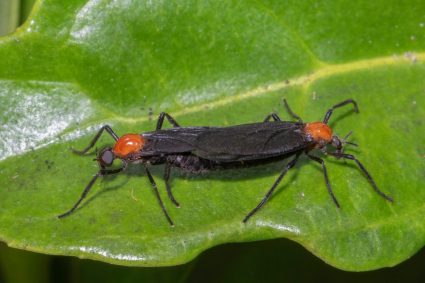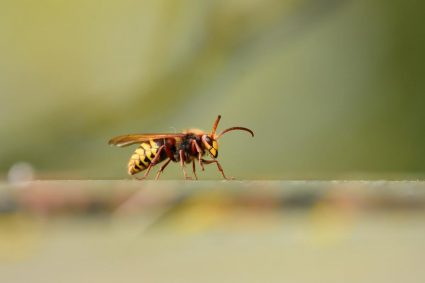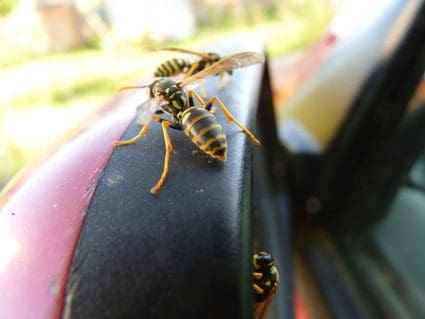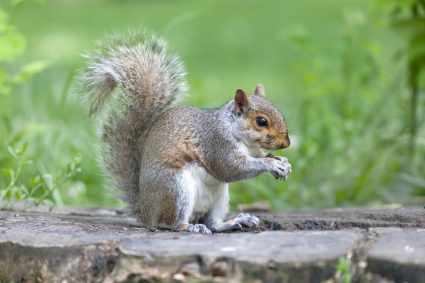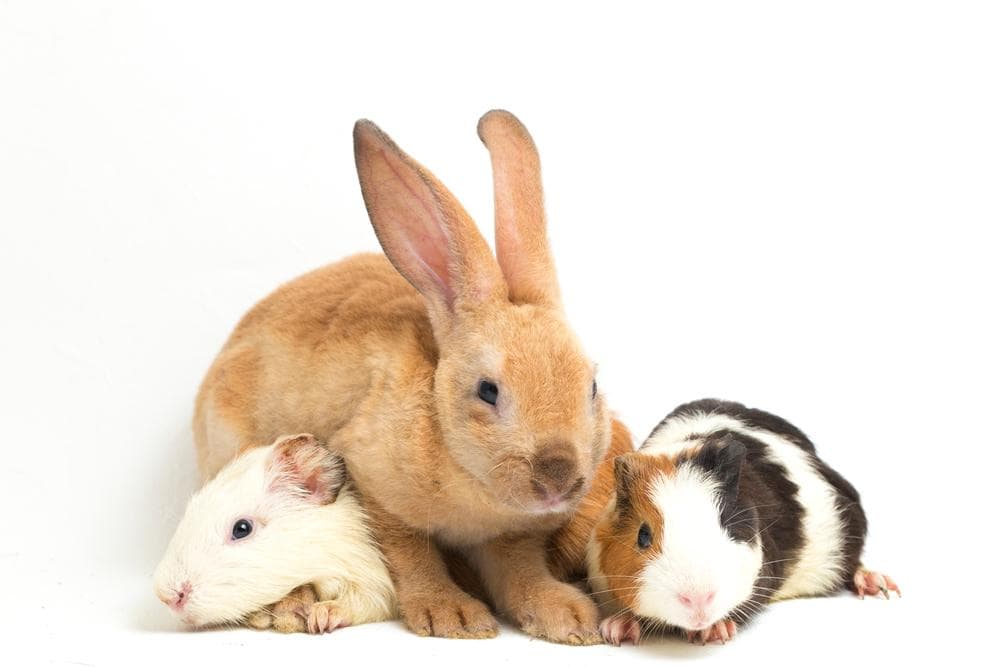
Composting is a great way to reduce waste and create nutrient-rich soil for your garden. But if you’re not careful, your compost bin can become a buffet for rats. These rodents are attracted to the food scraps in compost bins and can quickly become a nuisance. In this comprehensive guide, we’ll cover everything you need to know about how to keep rats out of a compost bin.
To keep rats out of your compost bin, use a bin with solid sides and a tight-fitting lid, and position it in an open area away from walls and structures. Regularly turn and moisten your compost, and avoid composting grains, meat, eggs, and dairy products. You can also use natural repellents like mint plants or predator urine. If the infestation is severe, consider seeking professional pest control help.
Why are Rats Attracted to Compost Bins?
Rats are attracted to compost bins for two main reasons: food and shelter. The food scraps in compost bins provide a rich source of nutrients for rats. They are particularly attracted to meat, fish, poultry bones, dairy products, and fats. The compost bin can also provide a warm, cozy shelter for rats, especially during colder months.
Signs of Rat Infestation in Compost Bins
Rats are stealthy creatures, but there are several signs that can indicate their presence. These include rat tunnels or burrows in the soil or at the base of the compost bin, rat droppings, gnaw marks on the bin, smudge marks or dirt marks along the sides of the bin, and rat nests in areas near the compost bin. Regularly turning and inspecting the compost heap can help you identify these signs early and take appropriate action.
How to Keep Rats Out of Your Compost Bin
Use a Solid-Sided Bin
Opt for a compost bin with closed sides and a tight-fitting lid to deter rats from entering. If you’re using a wooden or open-slatted bin, consider lining it with a quarter-inch wire mesh to prevent rats from burrowing into it.
Position the Bin Correctly
Place your compost bin in an open area, away from overgrown fence lines and building sides, to discourage rats from approaching. Rats prefer to stay close to walls and structures, so an open area can help deter them.
Regular Maintenance
Regularly turning your compost and keeping it moist can make it less attractive to rats. This not only speeds up the composting process but also deters rats from nesting in the compost. You should also harvest completed compost every three to six months to remove potential nesting materials.
Limit the Type of Food Waste
Avoid composting grains, meat, eggs, and dairy products, as these can create attractive smells for rats. Instead, focus on composting fruit and vegetable scraps, coffee grounds, eggshells, yard waste, and similar materials.
Natural Repellents
Plant mint around your compost bin to deter rats, as they dislike the smell. You can also consider using natural repellents like predator urine or essential oils, but these need to be reapplied frequently.
Professional Help
If the infestation is severe, consider seeking help from a pest control professional. They can provide advice and treatment options to effectively and humanely remove rats from your compost bin.
Conclusion
Keeping rats out of your compost bin requires a combination of the right compost bin design, proper placement, regular maintenance, and careful selection of what you compost. By following these tips, you can maintain a healthy composting system and keep these unwelcome guests at bay.
Frequently Asked Questions
What other natural repellents can I use to deter rats from my compost bin?
Other natural repellents that are known to deter rats include pepper, garlic, and onions. These can be used in combination with mint or other essential oils. However, remember that natural repellents need to be reapplied frequently to maintain their effectiveness.
Can I compost cooked food scraps?
While it’s technically possible to compost cooked food scraps, it’s generally not recommended as they can attract pests like rats. Cooked food scraps often contain fats, oils, and salts that are not ideal for composting. Stick to raw fruit and vegetable scraps, coffee grounds, eggshells, and yard waste.
What should I do if I find a rat nest in my compost bin?
If you find a rat nest in your compost bin, it’s best to contact a pest control professional. They can remove the nest safely and provide advice on how to prevent future infestations. In the meantime, stop adding food scraps to the compost bin to discourage the rats from returning.
Can I use compost from a bin that had a rat infestation?
It’s best not to use compost from a bin that had a rat infestation, especially for growing fruits and vegetables. Rats can carry diseases that may remain in the compost, posing a risk to your health and the health of your plants. If you had a rat infestation, it’s best to dispose of the compost and start fresh.

